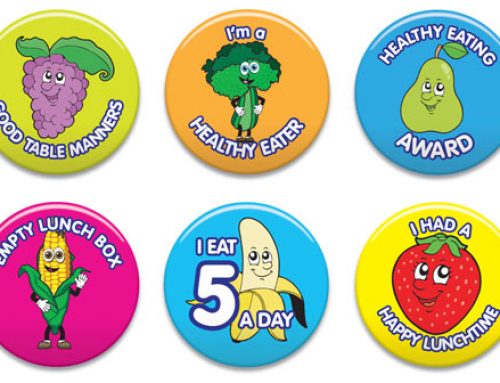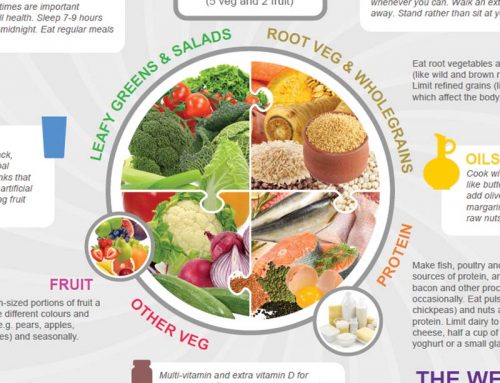One in four people claim to suffer from one but yet the subject of food intolerances still causes a major divide in opinion; there are two major camps – the sceptics who say it’s all in your head, and the believers who get highly defensive when they come across sceptics! Sceptics argue that 10 years ago, no one had even heard of lactose free milk, believers argue that they or their loved one’s wellbeing was transformed when the offending food item was identified and eliminated.
What’s the difference between food allergy & Food Intolerance? A food allergy is an immune system response to a food that the body perceives as harmful. It causes immediate reactions that are often severe and can require medical attention such as swelling of the lips, vomiting or breathing difficulties.
Food intolerances on the other hand cause delayed reactions (2 to 72 hours) with symptoms such as bloating, wind, cramps, headaches and fatigue. Foods which cause the most common intolerances include wheat, dairy, chocolate, eggs, oranges, nuts, alcohol, tea and coffee.
Can a food intolerance be diagnosed? Yes and No, hence the controversy! A medically accepted diagnosis for food intolerance simply does not exist so some health professionals refuse to acknowledge that intolerances exist due to lack of scientific validity.
There are several testing options on the market but none are 100% accurate (you can get a finger prick blood test and a variety of complimentary tests such as kinesiology etc.)
In my professional opinion, the good old fashioned ‘Elimination Diet’ is still the ‘gold standard’ of tests and is the most accurate when done properly. It’s best done under the guidance of a nutritionist or dietician who will be able to address any underlying digestive issues which may be at the root of the problem. This approach can be laborious and requires sacrifice but the effort is well worth the results.
If you suffer from digestive issues such as bloating, excessive wind or bowel trouble, there are lots of things you can do to boost your digestive health and therefore reduce your susceptibility to food sensitivities, below are 5 steps:
5 Steps to boost your digestive health
Eat natural It pretty much goes without saying that the very best food comes out of the ground and not a laboratory. By sticking to whole natural foods that haven’t been genetically altered you’re eating foods which speak the same language as your body and so therefore can be digested and absorbed effectively.
Vary your diet. Many people develop sensitivities to the food they eat most often. In fact, many of us stick to the same type of foods day in day out without even realising it. For example, the average person will have cereal for breakfast, a sandwich at lunch and a bowl of pasta for dinner, that’s a whole lot of wheat in one day. Variety is key to good digestion and health, so make sure to mix things up.
Feed your gut You can easily increase good bacteria in your gut by eating foods rich in probiotics like live natural yogurt, Probiotics is just another word for “good bacteria.” If you suffer with digestive trouble, taking a probiotic supplement is often advisable. You can feed the good bacteria in your gut with prebiotic foods such as onion, oats, bananas, garlic, asparagus, legumes and flaxseed.
Avoid overusing antibiotics Antibiotics are designed to eliminate the bacteria that cause infections. However, in the process, they eliminate all bacteria, including the good bacteria in your gut which can leave you open to developing yeast infections and even make you more prone to tougher, drug-resistant strains of infections. Avoid taking antibiotics unless absolutely necessary and always try natural alternatives first particularly when it comes to common viral infections such as cold and flu. Also, Long-term over use of over-the-counter medications like aspirin and ibuprofen can have a detrimental effect on our digestive system.
Know your digestive irritants Certain food and drinks can irritate the lining of the gut, Although different foods may irritate different people, the most common offenders are chillies, onions, peppers, citrus fruits and high fat foods like cream. Alcohol and coffee can also cause irritation and inflammation of the digestive system. In addition, smoking can exacerbate matters as it interferes with stomach acid production.
Stress Management There’s no question that stress plays a big role in digestive problems and I see direct evidence of this everyday with my IBS patients. Hence, effective stress management can be very helpful when it comes to treating gastrointestinal symptoms. Mindfulness meditation, talk therapy, yoga, and even proper belly breathing have all been known to help.






